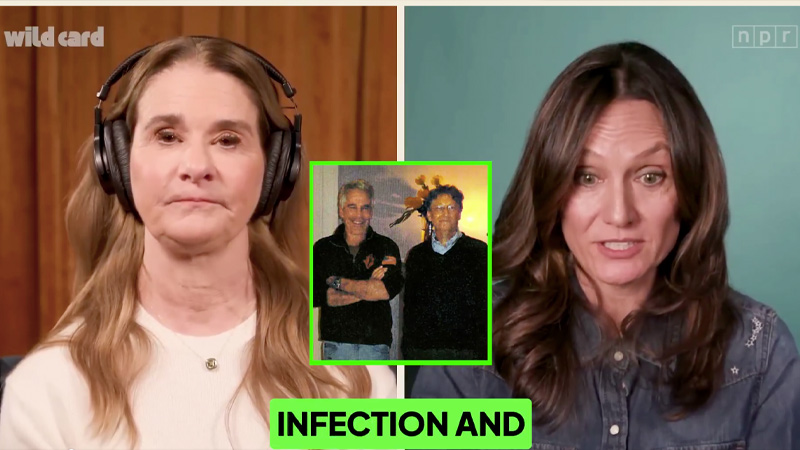
The bill states that, “a person communicates or causes to be communicated hate speech so long as the hate speech remains public and the person can remove or block access to it.”
The latest of Canada’s speech-restricting legislative efforts, the Online Harms Act (Bill C-63) was introduced and promoted earlier in the year by Prime Minister Justin Trudeau as necessary primarily to protect children and vulnerable population categories on the internet.
The actual text of the bill, however, reveals broad implications, including sweeping censorship and draconian penalties, as yet another country pushes such measures under the “think of the children” banner.
We obtained a copy of the bill for you here.
And here, the message was “garnished” with Trudeau’s early assurances that the bill would be focused on the stated goals.
But upon closer inspection, several controversial provisions have emerged, making Bill C-63 opponents liken it to all manner of dystopian concepts, from “1984” to “Minority Report.”
One of them, addressing “Continuous Communication” (Section 13-2) could see Canada’s Charter of Freedoms violated by retroactively censoring speech, i.e., punishing “perpetrators” for content posted before the new law, that defines it an offense, gets enacted.
The bill states that, “a person communicates or causes to be communicated hate speech so long as the hate speech remains public and the person can remove or block access to it.”
Critics believe that this paves the way for the clause to be used retroactively against those who fail to remove their past statements from the internet.
This could become both a tool of censorship and an intimidation tactic aimed at suppressing future speech, by demonstrating what happens to those found in violation of the law.
And what can happen to them is by no means trivial: life imprisonment is envisaged as a possible punishment for “any offense motivated by hatred.”
This is an example of the bill’s astonishingly overbroad nature, where interpretations of what “hatred motivated offense” is can range from advocating genocide, to a misdemeanor that is found to have been committed “with hateful intent.”
More dystopian concepts are woven into the text, such as “pre-crime” – and this could land people in jail for up to a year or put them under house arrest. That’s jail time for a “hate crime” that was never committed.
Meanwhile, online platforms are required to swiftly, in some cases in under 24 hours, remove content Canadian authorities label as harmful, or risk fines of up to 6 percent of their gross global revenue.
Desperate Deep State May Assassinate American Journalists, Jack Posobiec Warns




